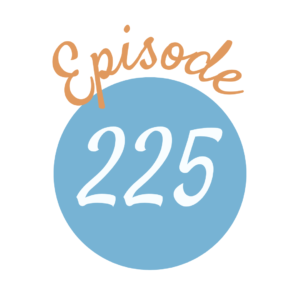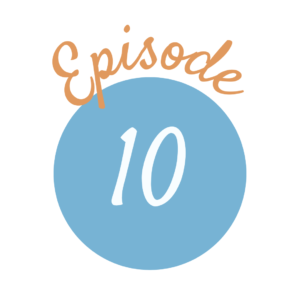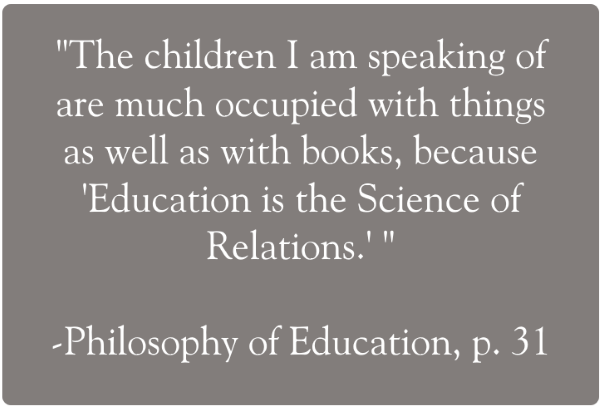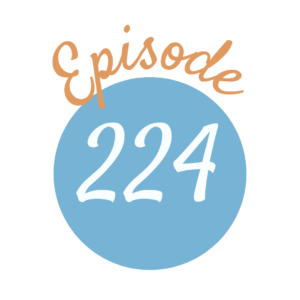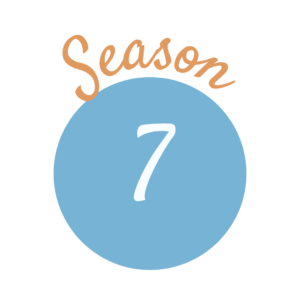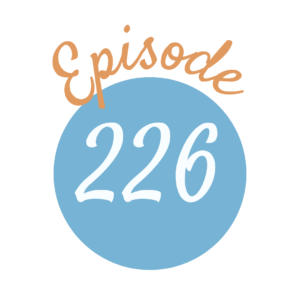
This week’s Charlotte Mason podcast is an interview with a mom of five on the subject of physical geography. Morgan Conner wanted to know more about her region, wanted to learn how to do geography walks, and shares with us how this came about. If you don’t know much about your locale, its geology, or how to incorporate geography walks, you will be delighted with the practical and informative suggestions Morgan shares.
Listen Now:

“The first and fundamental ideas are gained best out of doors.” (PR24/523)
“Geography walks are intended to teach children the nature of their own neighborhood.” (PR 16/67)
“[Forms 2-6] do their Local Geography on walk. They find heights of tree and hill and the breadth of rivers. If possible, they trace a river from its source to its mouth and discover its basin, watershed and tributaries. They learn the Geology of their district, also the history from the earliest times, discvoering, where possible, traces of the early inhabitants in the looks and dialect of the people today, and in the place names. Parochial, Parliamentary and county boundaries are determined, and the reasons for these divisions discussed.” (PR24/527)
“A geography walk can and should be an adventure as well as an instructive undertaking. If you have not already an established custom of taking one or two each term–perhaps…illustrated by a map–do make the experiment. Choose a central subject, a stream or a path, for instance, trace its passage, do some measuring and establish a scale, determine its direction, and note surrounding natural as well as man-made, features, add some investigation of the soil. Intimate knowledge of a small patch of countryside will follow and the maps and essays will, according to the age and observance of the authors, be an achievement of value.” (PR66/168)

Roadside Geology Series (Mountain Press)
(Contains affiliate links)

Episode 146: Physical Geography
Physical Geography in the Early Years through Form I
Morgan’s Geography Walk from the 2021 ADE at Home Conference
Map of Form III Level Ecoregions of the United States
Nicole’s article on Nature Walk Goals (also see Episode 215: Nature Walks and the Nature Walk Goals Teacher Help)

